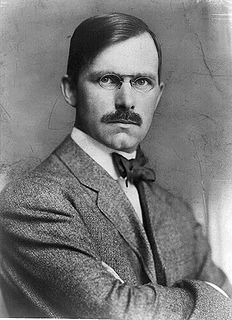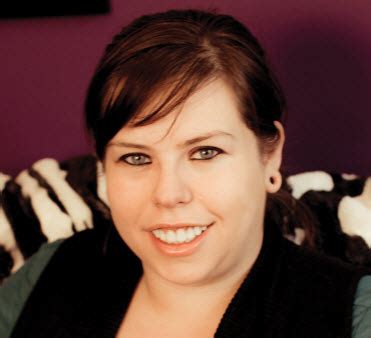A Quote by Andre Holland
I read a lot of W.E.B. Du Bois, who wrote 'The Souls of Black Folk.'
Related Quotes
Governmental intervention and personal responsibility are not mutually exclusive issues, but they do frame a 'do it ourselves' vs. 'what are you doing for us' debate. For the black community, that's a debate that's been raging at least as far back as the W.E.B. Du Bois, Booker T. Washington philosophical grudge matches.
You have to resign yourself to the fact that you waste a lot of trees before you write anything you really like, and that's just the way it is. It's like learning an instrument, you've got to be prepared for hitting wrong notes occasionally, or quite a lot, cause I wrote an awful lot before I wrote anything I was really happy with. And read a lot. Reading really helps. Read anything you can get your hands on.
In the course of his long, turbulent career, W. E. B. Du Bois attempted virtually every possible solution to the problem of twentieth-century racism...scholarship, propaganda, integration, national self-determination, human rights, cultural and economic separatism, politics, international communism, expatriation, third world solidarity.
There is not a history of black intellectuals being allied with dominant forces to hold white people in social and cultural subordination for a few centuries. Second, the "our" of black folk has always been far more inclusive that the "our" of white folk. For instance, there would have hardly been a need for "black" churches if "white" churches had meant their "our" for everybody - and not just white folk. But "our" black churches have always been open to all who would join. The same with white society at every level.
It is extremely interesting to me that black males, and other black folk, are viewed as self-pitying, by either other blacks who have failed to accurately calculate their own diminished status as a result of racial animosity - both individual and systemic - or by whites who fail to comprehend how, after forcing black folk into subservience for hundreds of years, they now whine about small privileges that pale - so to speak - in comparison to the untold advantage of centuries of benefit.


































